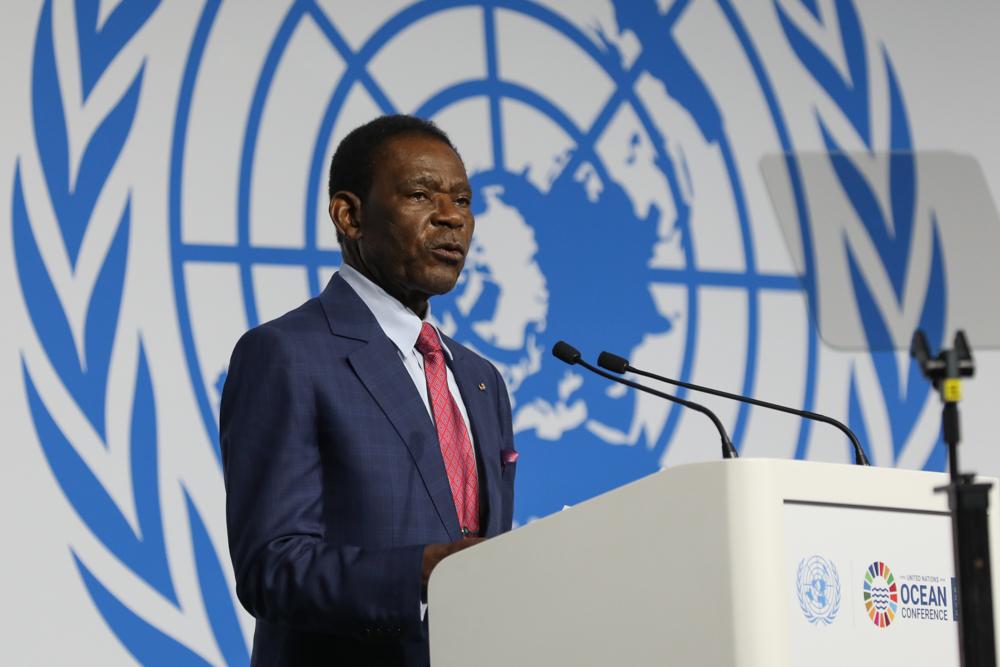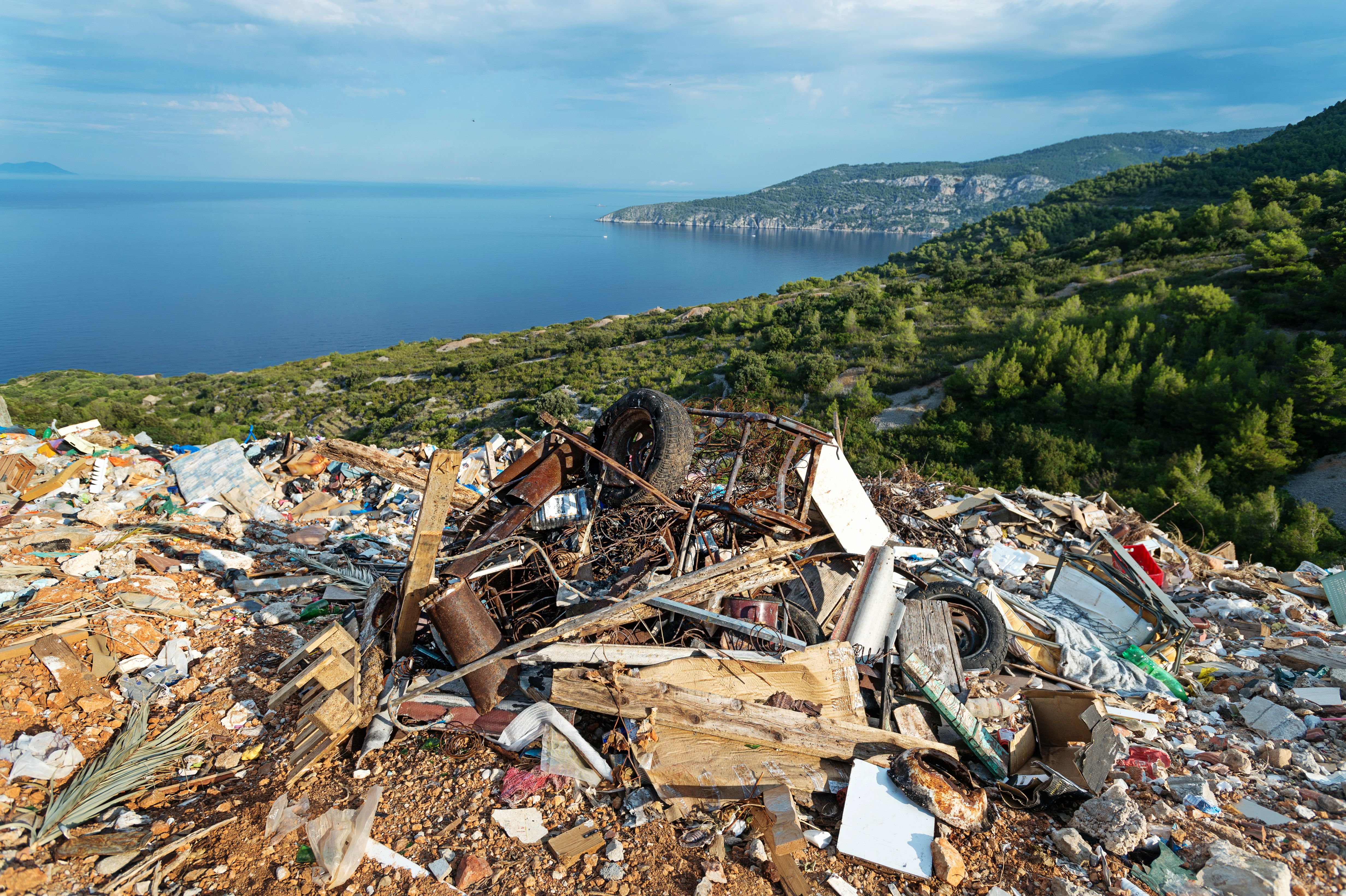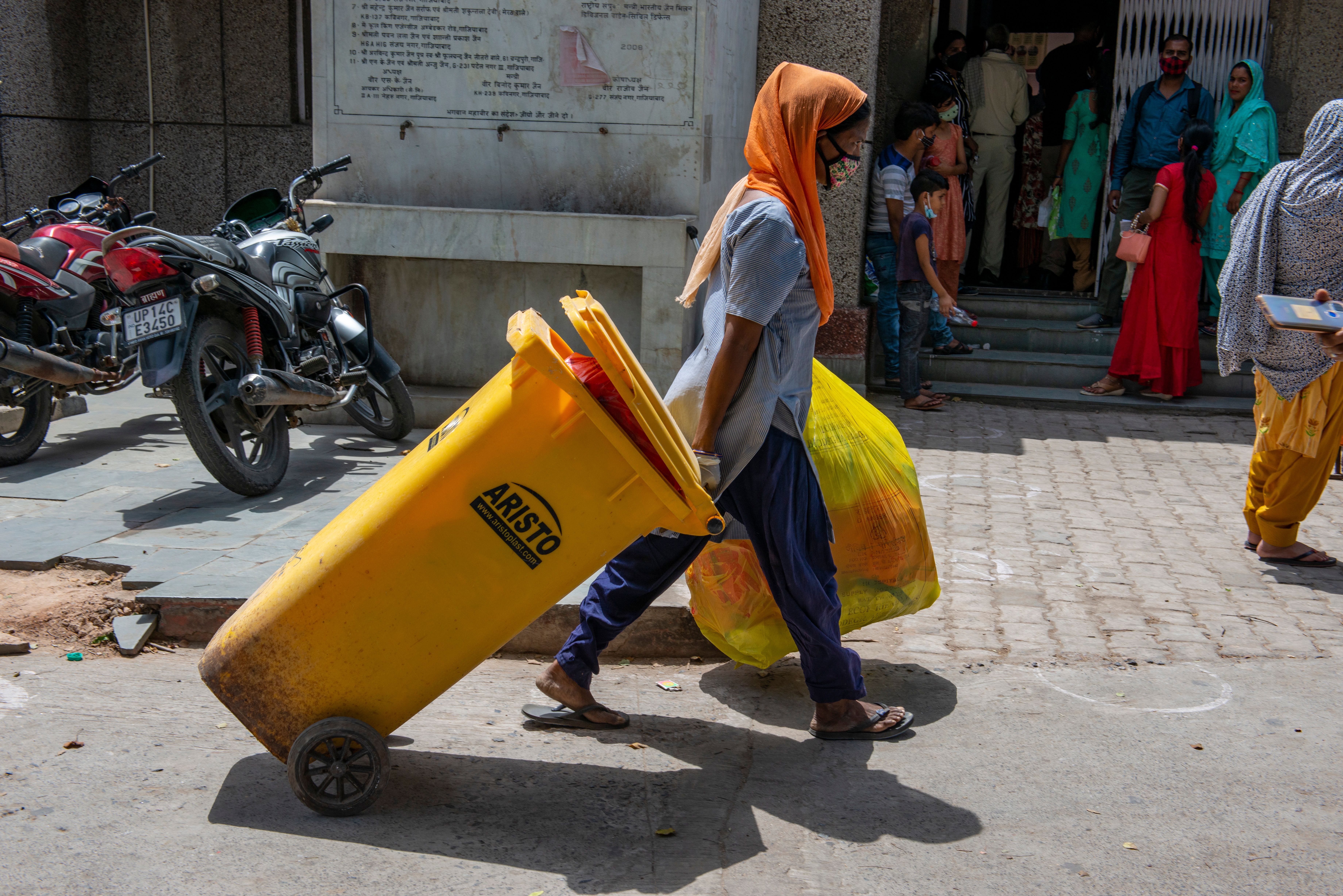This July, World Governments Are Honing in on Plastic Pollution

Peter Thomson, United Nations Secretary-General's Special Envoy for the Ocean, gives address at United Nations Ocean Conference 2022. Photo by IISD/ENB | Kiara Worth
This is your Ocean Plastics Report for 7/11/2022
So far, July has been a huge month for action on plastic pollution
Billions of dollars in voluntary commitments and pledges to preserve the ocean environments at the UN Oceans Conference in Portugal. There, marine pollution was discussed and debated in several high level forums throughout Lisbon by representatives from governments the world over.
Some of the biggest actions taken against plastic pollution on the world stage were as follows:
- The Russian Federation stressed the need to stop the production and use of single-use plastics and, with Georgia, Brazil, and Iraq, voiced their support for the Global Plastics Treaty.
- The UK government added £7.5 million to the Global Plastics Action Partnership (GPAP): to be provided over the next three years, taking the total UK contribution to £15 million. Additionally, the government announced it would hold the UK Plastics Treaty Dialogues with the OPLN and the Department for Environment, Food and Rural Affairs (Defra).
- President Teodoro Obiang Mbasogo of Equatorial Guinea showcased plans for waste treatment facilities to curb ocean dumping.

Mbasogo pointed out that of all the Sustainable Development Goals — Goal 14 (life below water) is by far the least-funded, calling for the attraction and retention of sustainable, responsible investment in this area. Photo by IISD/ENB | Kiara Worth
- President Joseph Biden of the USA moved to ban the use of single-use plastic in US National Parks by 2023 and established an Ocean Climate Action Plan.
Said Biden:
“From Los Angeles to Lisbon, one global ocean links us as global neighbors. We celebrate its bounty even as we redouble our efforts to develop a sustainable blue economy now and into the future.”
- Prince Albert of Monaco outlined an initiative called Beyond Plastic Med that provides 1.3 million EUR for 69 projects in 15 countries along the Mediterranean Sea.

The large accumulation of microplastics is leaving a serious impact on the Mediterranean sea, as well as threatening the survival of 134 species.
- Costa Rica outlined the early work of the GloLitter Partnership Project - which will assist developing countries to prevent and reduce marine litter.
- The Black Sea Economic Collaboration highlighted the Blueing the Black Sea Global Environment Facility (GEF) Regional project to address pollution and blue economy investments.
Continuing on the Momentum from the Conference
There have been two notable policy changes announced in early July from two of the largest stakeholders in the crisis: the governments of California and India.
California’s sweeping new plastics law could be a game changer
JULY 7, 2022 | Laura Parker, National Geographic

California’s large-scope legislation on plastic waste was signed by Governor Gavin Newsom in early July.
“The new law also requires 30 percent of plastic to be recycled by 2028, increasing to 65 percent by 2032—a giant leap. It further requires the industry to create a $5 billion fund over the next decade to help low-income communities impacted by the effects of plastic pollution."
"Finally, it transfers the cost of recycling to the industry, from municipalities and their taxpayers. The practice, known as extended producer responsibility, (EPR) has been in use in the EU since the 1990s, and is credited with boosting higher recycling rates in western Europe, which hover around 40 percent."
Recology, the San Francisco-based recycling company that provided seed money to get the citizen’s initiative on the ballot, praised the new law for its EPR provisions and efforts to reduce plastic packaging, but said in a statement even more legislation and additional funding will be required.
India begins to ban single-use plastics including cups and straws
JULY 1, 2022 | NPR and AP

"For the first stage, [the Indian government] has identified 19 plastic items that aren't very useful but have a high potential to become litter and makes it illegal to produce, import, stock, distribute or sell them. These items range from plastic cups and straws to ice cream sticks. Some disposable plastic bags will also be phased out and replaced with thicker ones.
Thousands of other plastic products — like bottles for water or soda or bags of chips — aren't covered by the ban. But the federal government has set targets for manufacturers to be responsible for recycling or disposing of them after their use."
Ravi Agarwal, the director of Toxics Link, a New Delhi-based advocacy group that focuses on waste management, added that the ban was "a good beginning," but its success will depend on how well it is implemented. The actual enforcement of the law will be in the hands of individual states and city municipal bodies.
India's government said that the banned items were identified while keeping in mind the availability of alternatives: bamboo spoons, plantain trays, wooden ice-cream sticks.